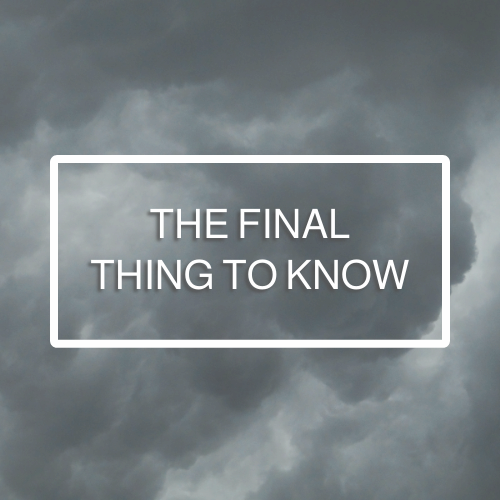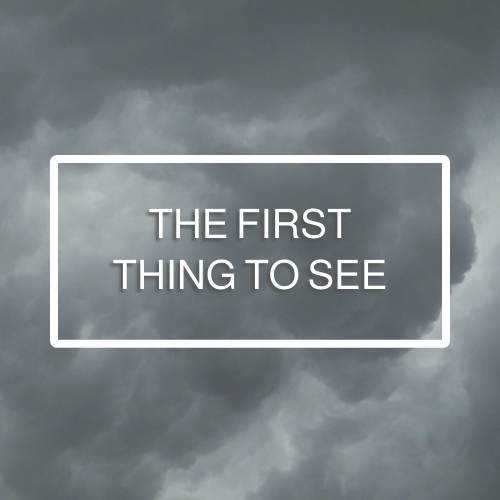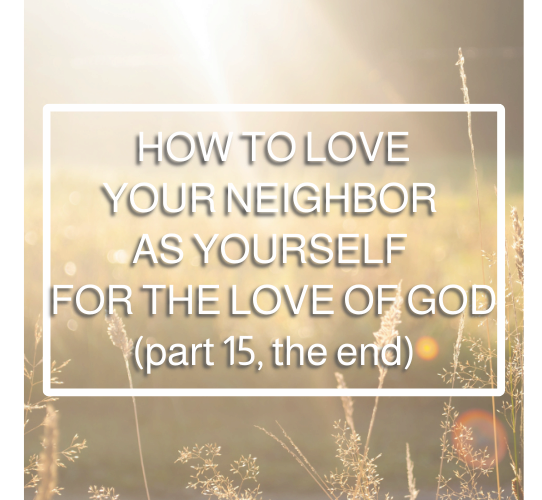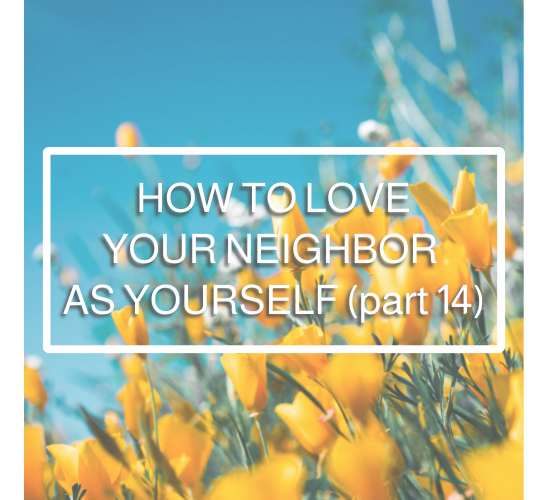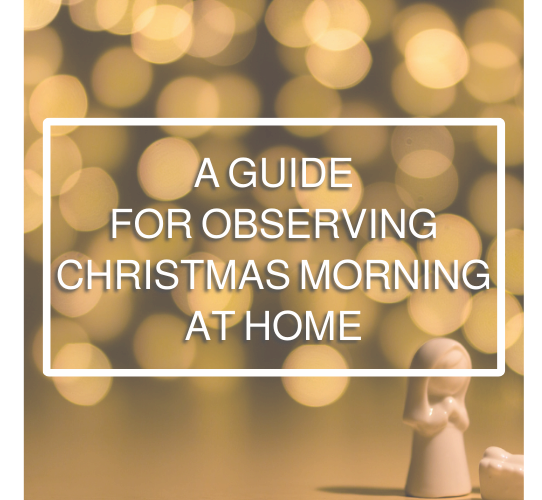Marching to Zion Part 4: Talking with Dread and Fear
Read time: 3m 50s
Read Deuteronomy 1:19-33
Intro: Previously we’ve heard from Moses how the Lord had called the people to journey out of the wilderness and into the Promised Land (1:7). They were to “see…go in and take possession” of the blessings God had promised them.
To accommodate the blessings they had received, and to anticipate those God was going to give, Moses sets up a structure of dispersed authority—from thousands down to tens, commanders and officers and judges were selected and appointed so that the blessings of God didn’t become a burden.
Today’s passage recounts a sad turn in the story. They come to the Promised Land. They send people to “explore the land for us.” (22) They report that “it is a good land.” (25) But then they make the hearts of the people melt in fear: “The people are greater and taller than we. The cities are great and fortified to heaven.” (28)
The journey of Grace, into the goodness of God, ends abruptly. Sure it’s good, but it’s too hard. It’s too doggon hard.
We pick the story up in verse 29, with Moses’ reply…
He claims that they ought not have dread or fear. “Dread” being a kind of unspecified sense that we are too weak for this and we will fail. “Fear” being a more specific vision of all the bad that will happen: defeat in battle, family taken captive, possessions destroyed. Dread and Fear have a voice, don’t they? They speak. Dread quietly confirms our worst sense of who we are and Fear loudly describes the coming disaster. Dread, like a snake, whispers in our ears until Fear, like a crowd, mocks and crushes our heart.
On what basis, Moses, may we answer Dread and Fear? It is not with human wisdom. The answer is not, “Hey, look at all you’ve been able to accomplish!” Or, “Well, that’s statistically unlikely, isn’t it?” No, Moses responds with Theology: “The LORD your God…” Dread and Fear are not wrong about us. They are wrong about God.
We will walk through Moses’ Fear-and-Dread answering theology lesson, in two parts, looking at some now, and some later.
First, “the LORD”: the One Who Is. That is, He controls, He does not submit; He enacts, He does not react.
The future is not a mystery to the LORD. The statistics do not interest Him. Dread and Fear are quiet before Him for He knows and He acts. He is The Truth.
Then, “the LORD our God…” He has attached Himself to us, to you. He belongs to you. We are quick to say, “He’s no santa; He’s no lap-dog god.” Yes and good, but don’t forget the Covenant. We honor God by honoring His covenant with us, by trusting His promises, by holding Him to them. Job, for example, expected God to hear him and show up and vindicate him; and God did, and said Job was right and all his pious accusers were wrong.
Dread is the voice of the past—experiences of failure and foolishness and pain whispering assurances of coming distress, pious accusers pointing out our flaws, amplifying our fears. But the Covenant of God speaks to our past. God was there, then, making promises that He will keep, now and forever. “Even while we were yet sinners…” “While we were enemies of God…” (Rom 5:6, 10) The past is no place of distress for the believer; it is the place of great love and comfort.
Conclusion: What are Mrs. Dread and Mr. Fear saying to you today? What malignant sense, or vivid prophecy, fills your bones and flashes before your waking eyes? These voices make us stumble. The Promised Land is ours to enjoy—there’s gold in them-there hills! But we linger in the wilderness, hobbled by past sins and experiences that assure us we are not worthy or capable. We hesitate to obey, slowed by a vision of the discipline, the sweat, the things we must give up in order to enjoy what we’ve been given.
The only solution to these Gospel-Resisting voices is the True Voice of Scripture. The Word of God will answer. Just as Jesus in His wilderness answered the devil with no new insights, but with the dusty truths of Deuteronomy, so may we today answer our fears and satan’s lies with those same tried-and-true Words. “The LORD our God.”
May even these words begin to pierce and disperse the fog of half-truths and whole-bologna in which the world, the flesh, and the devil are conspiring to keep you lost within. May they blow, trumpet-like, a call to arms, to action, to advance.
It’s a good land, friends. Don’t be afraid.
Photo by Dino Reichmuth on Unsplash



